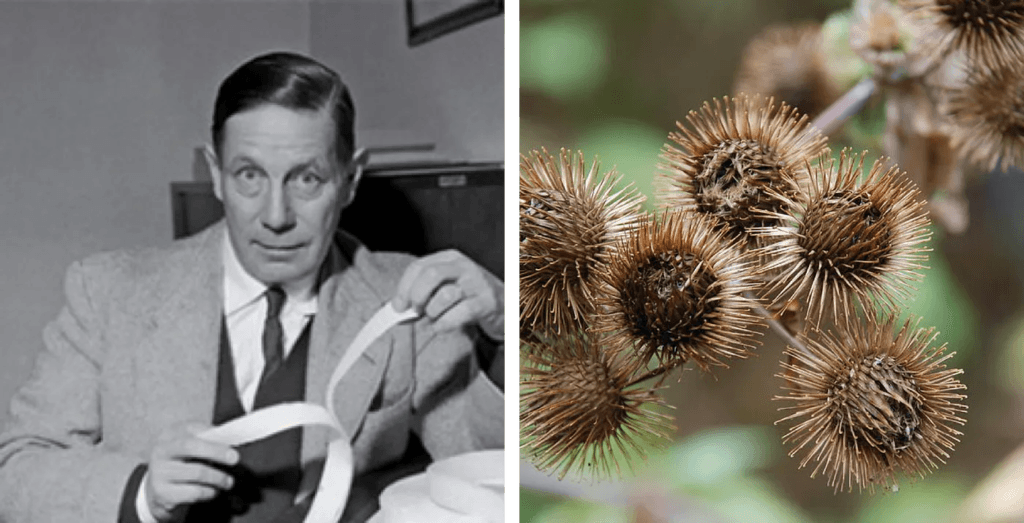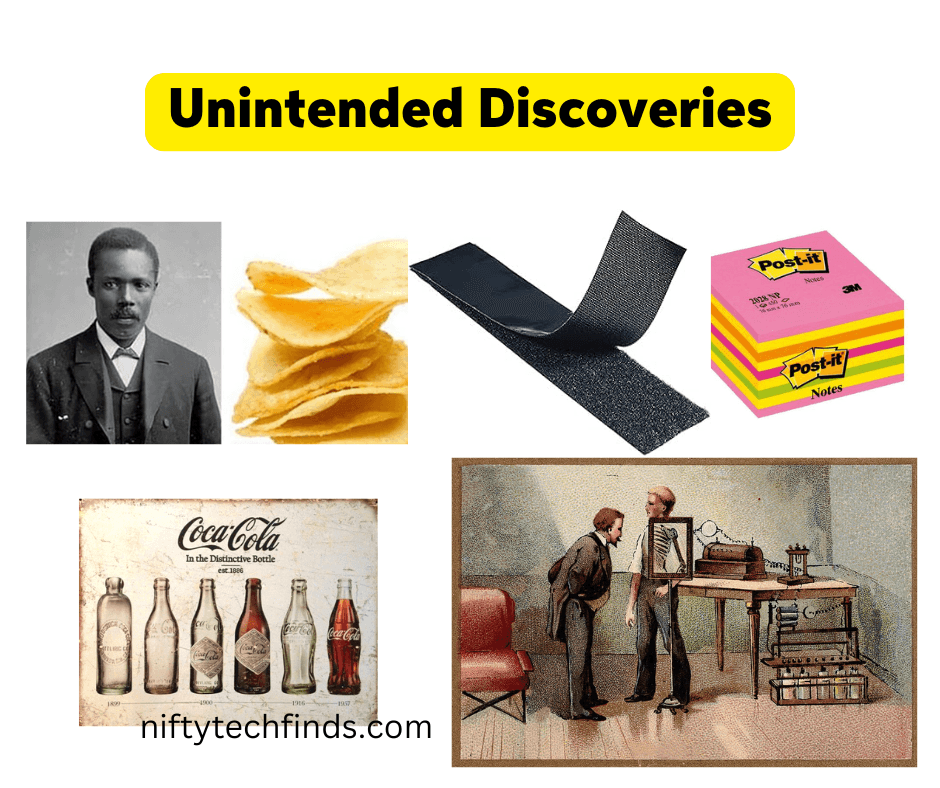Sometimes, the best things in life happen by accident. Inventions we use every day, products we can’t imagine living without, and even cultural phenomena often come from unexpected moments of chance. It’s a reminder that not everything needs to go according to plan to create something extraordinary. In this post, we’re diving into the fascinating stories of accidental discoveries that went from unintentional mishaps to groundbreaking successes. These aren’t just lucky breaks—they’re proof that sometimes, the unexpected can change the world.
Penicillin: The Life-Saving Antibiotic
Discovered By: Alexander Fleming (1928)

The Accident: Fleming left a petri dish containing Staphylococcus bacteria uncovered. Upon his return, he observed mold (Penicillium notatum) killing the bacteria in the dish.
Impact: Penicillin marked the dawn of antibiotics, revolutionizing medicine and saving millions of lives. Its discovery paved the way for modern antimicrobial therapies.
Post-it Notes: The Sticky Office Essential
Invented By: Spencer Silver and Arthur Fry (1974)

The Accident: Silver unintentionally created a weak adhesive while attempting to develop a strong one. Fry later used it to stick bookmarks in his hymnal without damaging the pages.
Impact: Post-it Notes became an indispensable tool in offices, homes, and schools worldwide, generating billions in revenue for 3M.
Microwave Oven: Cooking Made Convenient
Invented By: Percy Spencer (1945)

The Accident: Working on radar technology, Spencer found that microwaves emitted by a magnetron melted a candy bar in his pocket.
Impact: The microwave oven transformed food preparation and became a staple in modern kitchens.
Coca-Cola: The Iconic Beverage
Invented By: Dr. John Stith Pemberton (1886)

The Accident: Pemberton was trying to create a headache cure and ended up mixing coca leaf extract with carbonated water.
Impact: Coca-Cola evolved into one of the most iconic global brands, shaping the beverage industry.

Velcro: Inspired by Nature
Invented By: George de Mestral (1941)

The Accident: De Mestral noticed burrs clinging to his dog’s fur and studied their structure under a microscope, leading to the invention of the hook-and-loop fastener.
Impact: Velcro found applications in everything from fashion to aerospace engineering.
Teflon: The Non-Stick Marvel
Discovered By: Roy Plunkett (1938)

The Accident: Plunkett stumbled upon a heat-resistant polymer while working on refrigerants.
Impact: Teflon revolutionized cookware with its non-stick properties and became crucial in industrial and electronic applications.
Super Glue: The Universal Adhesive
Invented By: Harry Coover (1942)

The Accident: Coover was developing clear plastics for gun sights and inadvertently created a quick-bonding adhesive.
Impact: Super Glue became a go-to solution for household repairs, construction, and even medical uses.
Potato Chips: The Favorite Snack
Invented By: George Crum (1853)

The Accident: Crum sliced potatoes thinly and fried them to satisfy a customer’s complaint about soggy fries.
Impact: Potato chips became a global phenomenon, dominating the snack food industry.
Saccharin: Sweetness Found by Chance
Discovered By: Constantin Fahlberg (1879)

Alternative to Sugar.
The Accident: Fahlberg accidentally tasted a coal tar derivative he had been working with, discovering its sweet flavor.
Impact: Saccharin spearheaded the artificial sweetener market, offering a calorie-free sugar alternative.
X-rays: A Revolutionary Imaging Tool
Discovered By: Wilhelm Roentgen (1895)

The Accident: Roentgen observed a fluorescent glow on a nearby screen while experimenting with cathode rays.
Impact: X-rays transformed medical diagnostics and became a cornerstone of modern imaging.
FAQ
Q: Are all accidental discoveries purely unintentional?
A: While the initial finding may be accidental, further development often requires intentional effort and exploration.
Q: How can I foster accidental discoveries?
A: Encourage curiosity, experimentation, and an open mindset, as many breakthroughs come from unexpected results.
Q: Why do accidental discoveries matter?
A: They highlight the importance of adaptability and creative thinking, often leading to groundbreaking innovations.
What are your thoughts on the role of accidents in shaping our world?

